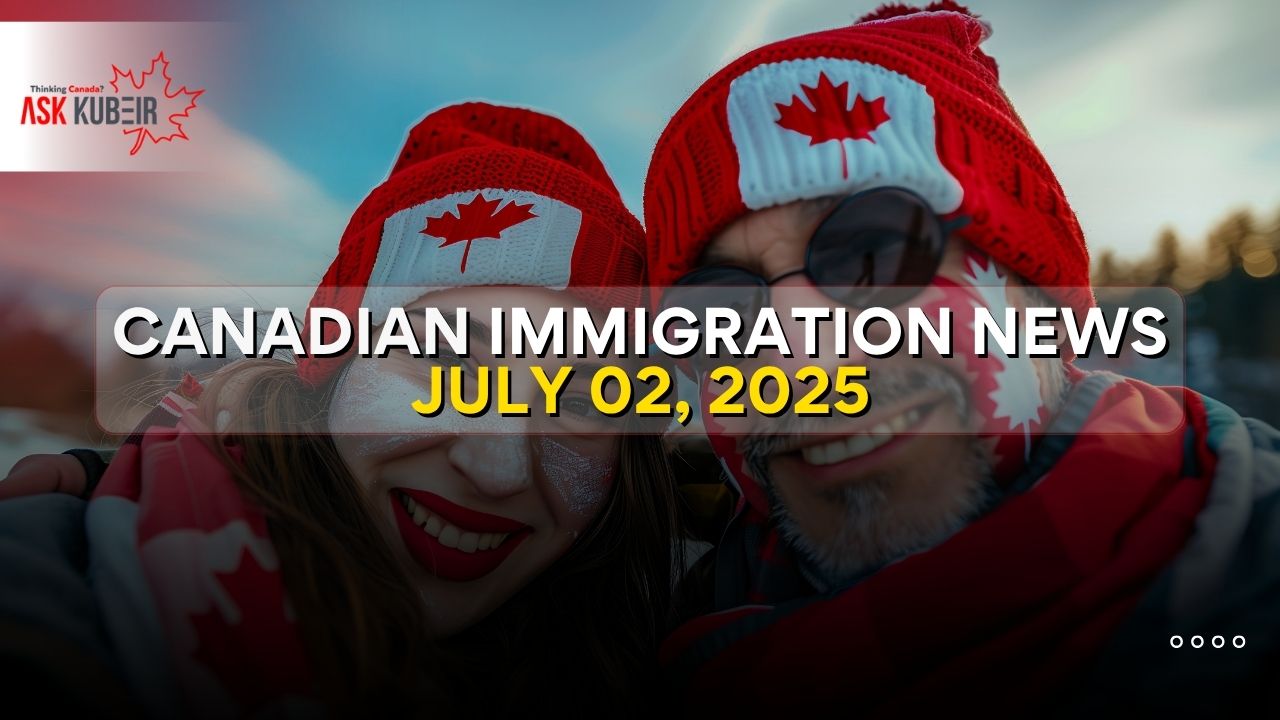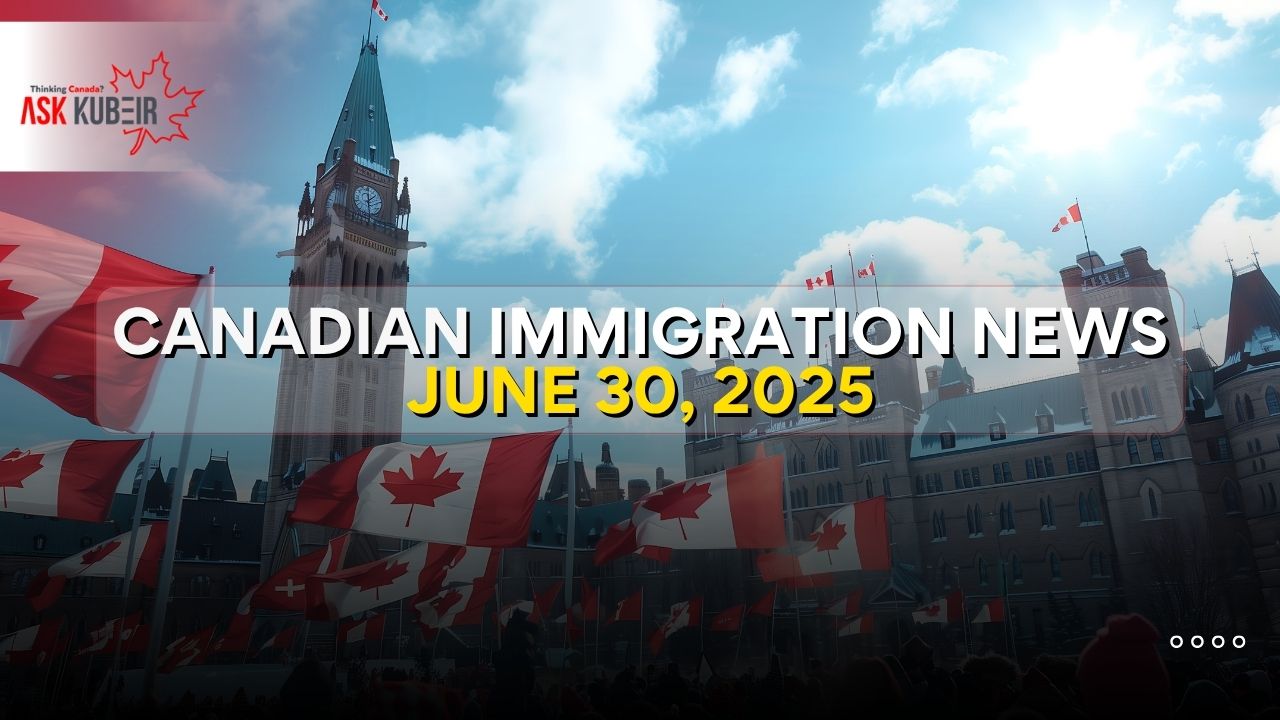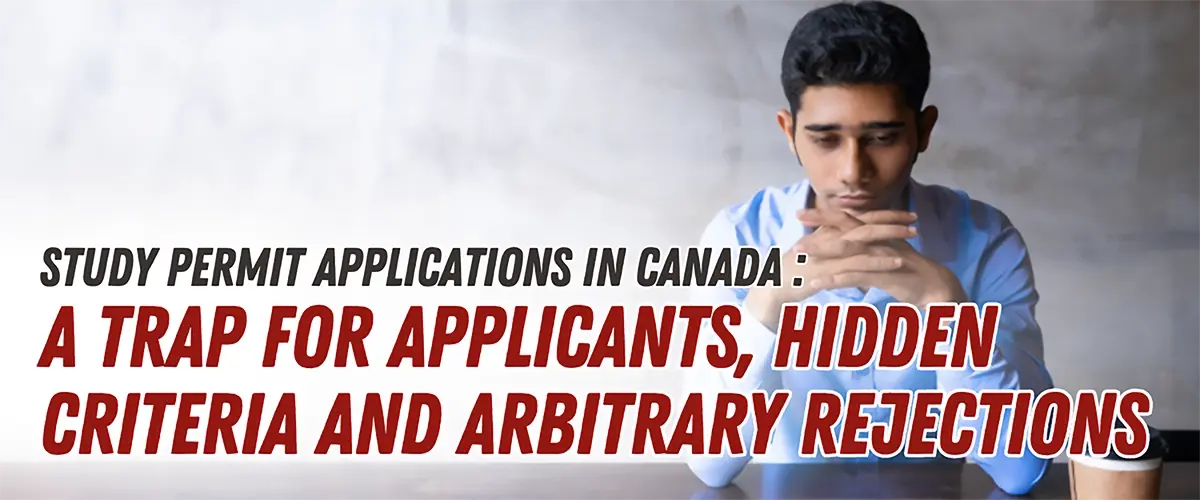
Related Post






Stay Updated!
Study Permit Applications in Canada - A Trap for Applicants, Hidden Criteria and Arbitrary Rejections

When folks hear “immigration law,” they usually picture a flood of refugees, big legal changes, and those never-ending detentions and deportations. It’s like a blockbuster movie but in real life. And yeah, the stories that hit the news are intense, rightfully so – messing with immigration law can seriously mess up people’s lives.
But here’s the thing: amidst all the drama, there are these everyday injustices that nobody talks about. The small stuff that happens regularly but doesn’t make the headlines. These are the real indicators of the messed-up culture in immigration law enforcement. One prime example? The whole process of applying for a study permit.

So, on the surface, getting a study permit for Canada seems like a cakewalk. The government’s website lays out the steps, gives you a checklist, and makes it sound like a breeze. Just fill out the forms, gather the listed documents, and chill. If the officer needs more info, they’ll hit you up.
But here’s the kicker – follow that guide to a T, and you’re practically begging for rejection. Applications get denied for reasons that the guide never mentions. Things like not having enough family ties back home, having too many ties in Canada, zero job prospects in your home country, or not properly justifying why you’re coming. And guess what? The officers are judging you based on criteria that you don’t even know about until it’s too late.

And here’s the kicker – all these hidden factors? They’re not some secret sauce. They’re actually in the Program Delivery Instructions – the guidelines officers follow. But the government’s guide conveniently forgets to mention them. It’s like, “Oh, hey, we’ve got these important instructions, but you know, no big deal. Good luck figuring it out on your own!”
Even if you know about these secret criteria or can afford a lawyer, it doesn’t guarantee success. I’ve seen bright-eyed high school grads denied because they didn’t have enough travel history. People with everything tied to their home country got rejected for “lack of ties.” Applicants with job security back home got the boot because officers doubted their employment prospects. It’s like officers are playing a game of rejection bingo.

And get this – there’s a legal concept called “dual intent” that lets temporary residents plan to become permanent residents, as long as they promise to leave when their time’s up. But for some officers, it’s like saying you want dessert means you’re planning to move into the restaurant. They ignore the law, make decisions on a whim, and it’s frustrating as heck.
Now, you’d think with such a messed-up application process, there’d be a solid system to appeal these decisions. But nope, not really. You can ask for a reconsideration, appeal to the Federal Court, or just submit a new application. But none of these options are ideal. Reconsiderations usually end up affirming the original rejection, and the Federal Court route is a whole marathon, both time-wise and money-wise. Plus, there’s no guarantee the new officer won’t make the same mistakes as the first one.

So, in the end, the whole system is stacked against the applicants. They think it’s a straightforward process, but it’s a trap. Officers can use hidden criteria, ignore evidence, and sometimes, ignore the law itself. The real appeal process is too expensive and slow, so most people just end up reapplying. And the officers making these questionable decisions? They get off scot-free, perpetuating this messed-up cycle.
Sure, not all study permit applications get rejected. But from 2019 to 2021, out of more than 1.1million study permit applications around 43% got the thumbs down. That’s a lot of dreams crushed for what often seems like no good reason. And the fallout? It’s serious – delayed careers, stalled education, and a stain on your record that can haunt you for a long time. All because of a system that seems designed to trip you up.
